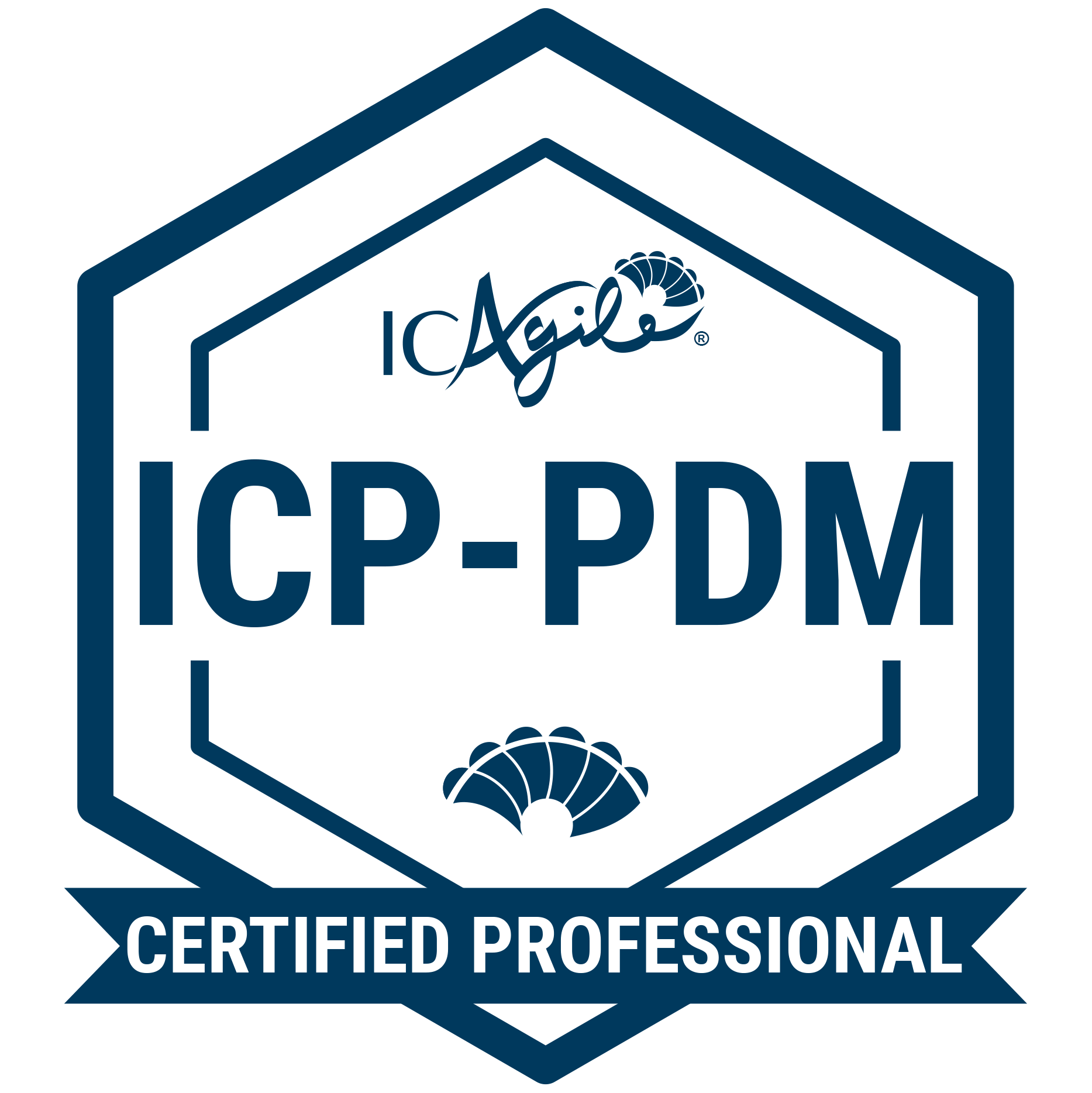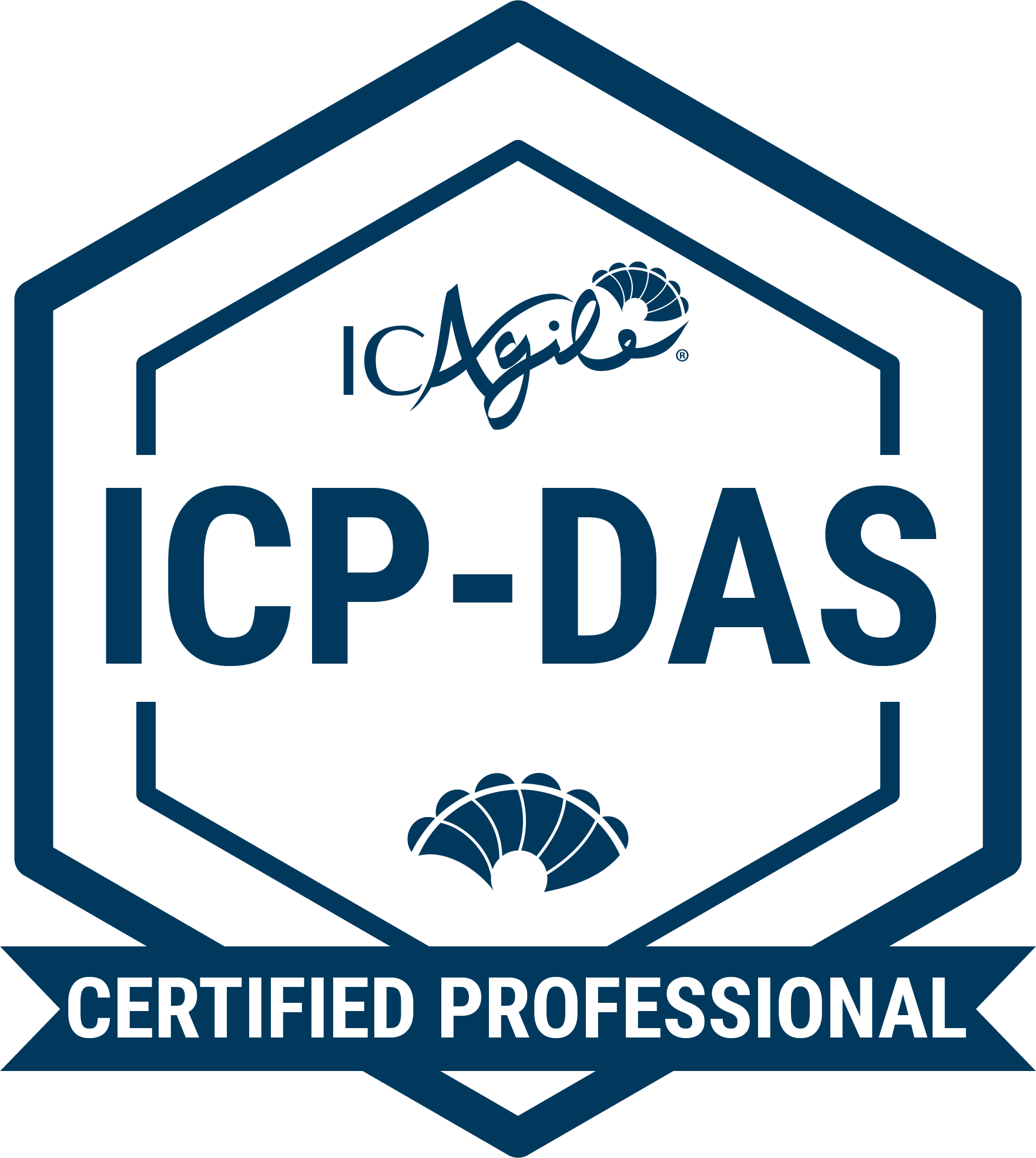Table of contents
-
The Core Values of DevOps
-
The Principles of DevOps
-
Conclusion
Enterprises in the agile software development sector have experienced a significant shift in recent years, driven by evolving customer expectations and technological advancements. As the Software as a Service (SaaS) model becomes more prevalent, the way we develop software has transformed. This shift has led to the rise of DevOps, a practice that empowers IT organizations to keep pace with the rapid growth demands of the tech industry.
DevOps is more than just a set of tools and practices—it's a cultural shift that unites development and operations teams, allowing them to work collaboratively to deliver software faster and more efficiently. Let's dive into the core values and principles of DevOps that are crucial for any organization looking to thrive in today's fast-paced software development environment.
The Core Values of DevOps
DevOps is built on several foundational values that guide teams toward successful implementation and continuous improvement. These values include:
1. Collaboration and Communication
At the heart of DevOps is collaboration. Traditional software development often involved siloed teams—developers, quality assurance (QA), and operations—working separately, leading to disconnects and inefficiencies. DevOps breaks down these silos by fostering a collaborative environment where all team members work together throughout the entire software development life cycle (SDLC).
Communication: Effective communication is essential for DevOps success. Teams must encourage open dialogue, share feedback, and work together to solve problems. This collaboration ensures that everyone understands their role and how their work impacts the overall project.
Transparency: Open communication also brings transparency to the organization. By making data and decision-making processes accessible, teams can better understand the project's progress and make informed decisions.
Find the Best DevOps Course for Your Career
Use our course finder to discover which Scrum, SAFe®, or DevOps certification best suits your career aspirations and expertise.
Try Course Finder
2. Empowerment and Innovation
DevOps encourages teams to take ownership of their work and empowers them to innovate. When team members feel valued and have the freedom to experiment, they are more likely to come up with creative solutions that improve the product and process.
Fostering Innovation: DevOps teams thrive when they can explore new methods and tools. Experimentation, even if it leads to temporary setbacks, is key to long-term success. Allowing teams the freedom to innovate often results in improved processes and better software.
Freedom to Fail: Failure is a natural part of the innovation process. DevOps culture embraces failure as an opportunity to learn and grow, helping teams refine their approaches and deliver better outcomes in the future.
3. Continuous Improvement
Continuous improvement is a cornerstone of DevOps, emphasizing the need for ongoing evaluation and enhancement of both processes and products. This value is closely tied to the concept of continuous integration and continuous delivery (CI/CD), which aims to streamline the SDLC by automating repetitive tasks and reducing the potential for errors.
Automation: Automating as much of the SDLC as possible allows teams to focus on more complex, value-added tasks. Automation also leads to more consistent and reliable software delivery, minimizing the risk of human error.
Metrics and Measurement: Regularly monitoring and analyzing metrics helps teams identify areas for improvement and measure the impact of changes. This data-driven approach ensures that continuous improvement efforts are targeted and effective.
The Principles of DevOps
While the core values of DevOps provide a foundation, the guiding principles offer more specific advice on how to implement DevOps practices effectively. Here are some of the key principles:
1. Customer-Centric Mindset
DevOps teams should always keep the customer at the forefront of their decision-making process. The ultimate goal of any software development effort is to deliver value to the customer.
Short and fast feedback loops allow teams to gather customer insights quickly and make necessary adjustments to the product. By responding promptly to customer needs, DevOps teams can deliver features that have the most impact on customer satisfaction.
2. End-to-End Responsibility
In a DevOps environment, teams take ownership of the entire software development process, from initial design to deployment and beyond.
DevOps eliminates the traditional handoffs between development and operations teams. Instead, all team members share responsibility for the product's success, leading to more accountability and better quality.
3. Automation and Efficiency
Automation in software development is a critical part of achieving speed and consistency. Automate everything, from testing to deployment; automation should be applied wherever possible. This reduces the burden of repetitive tasks on team members, allowing them to focus on more strategic work.
4. Continuous Learning and Adaptation
The tech landscape is constantly evolving, and so should your DevOps practices. DevOps teams should be agile and adaptable, continuously learning from both successes and failures. This principle ensures that teams can respond to new challenges and opportunities quickly.
Conclusion
DevOps is more than just a buzzword; it's a transformative approach to software development that aligns people, processes, and technology. By embracing the core values and principles of DevOps, organizations can improve collaboration, enhance efficiency, and deliver high-quality software that meets the ever-changing needs of their customers. As the IT industry continues to evolve, DevOps will remain a crucial framework for driving innovation and success in software development, while also shaping career opportunities and influencing the DevOps engineer salary in the modern IT landscape.






























































































